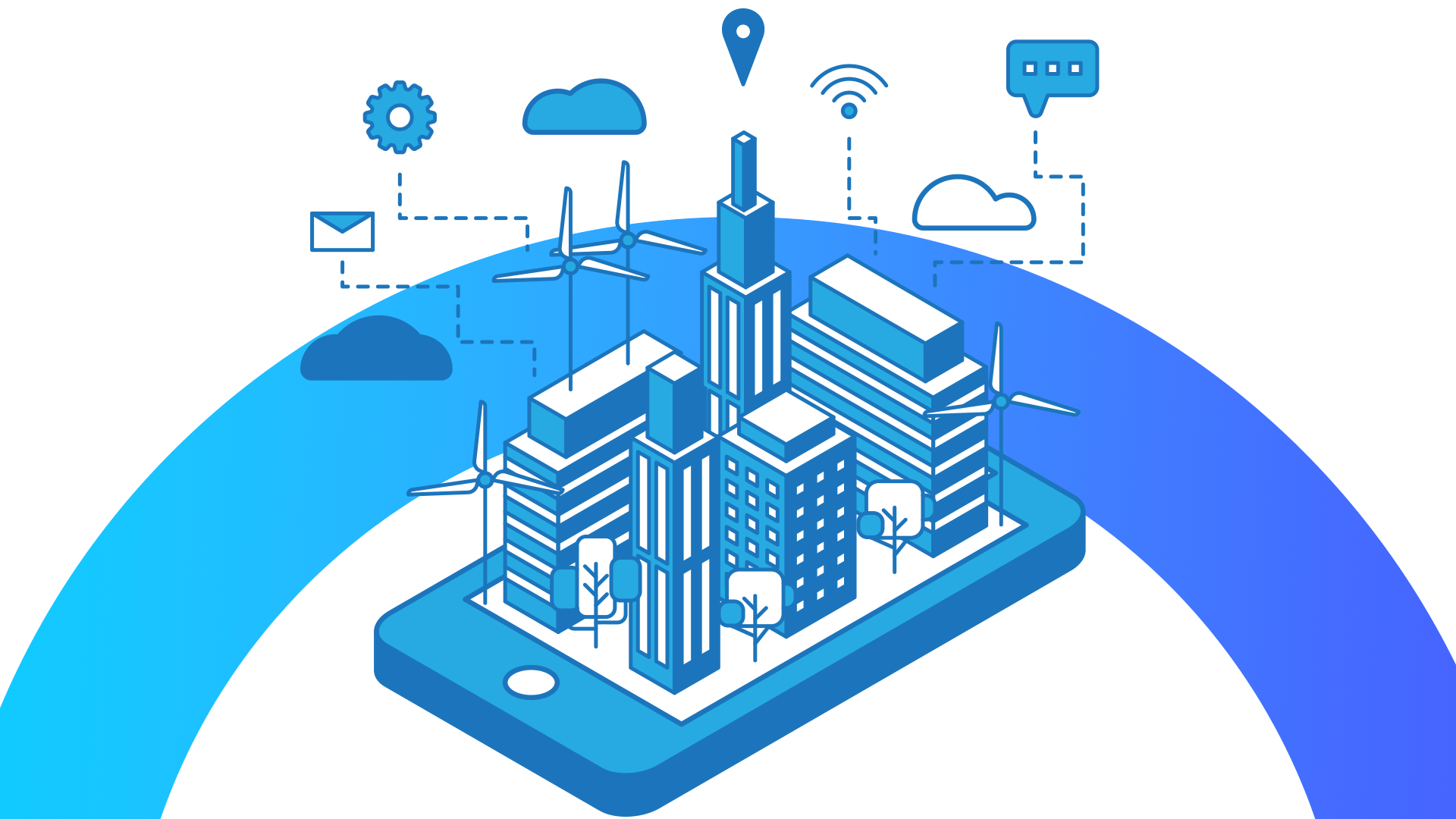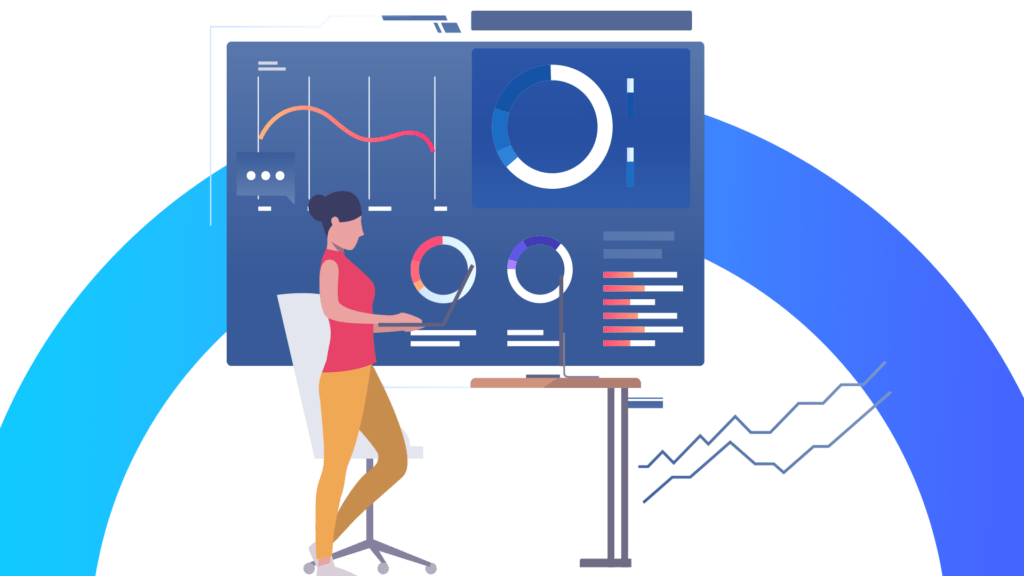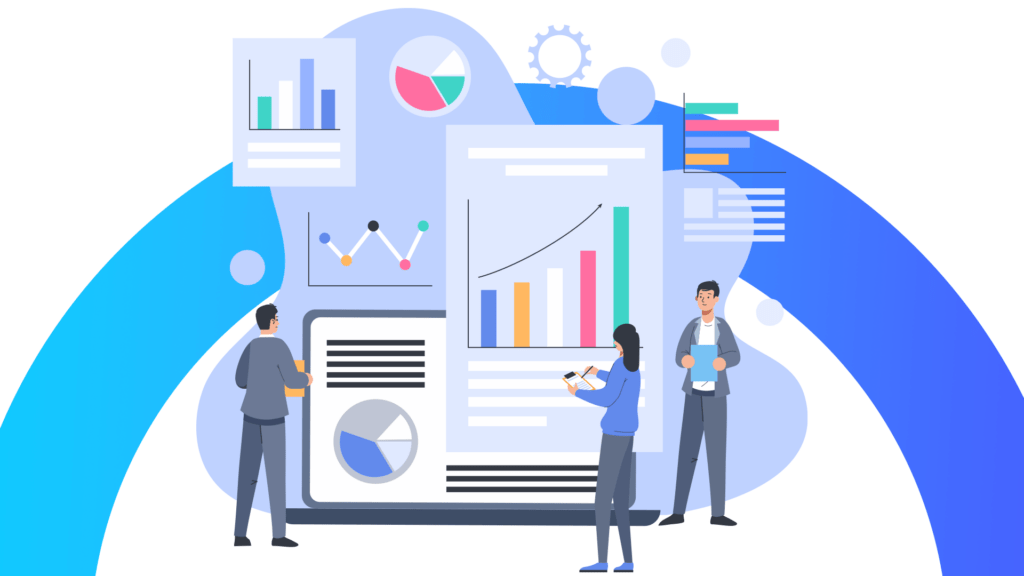The Industrial Internet of Things (IIoT) is causing a revolution in how industries operate. Powered by smart technology, such a transformation restructures the manufacturing industry. This is done through improved decision-making processes, efficiency, and connectivity.
Looking towards the future, it is clear that IIoT is not just a trend. Instead, it can be considered an essential component of industrial development. By enabling a seamless flow of data across operations, Industrial IoT empowers businesses to harness insights like never before.
The backbone of IIoT: how it works
Before delving into its applications, a question arises – what is Industrial IoT?

At its core, Industrial IoT involves connecting machines, sensors and other devices to a network in order to collect and share data. IIoT goes beyond data collection: its purpose lies in turning that information into actionable insights that drive future decisions. Here’s a breakdown of how Industrial IoT works:
Connected device
Machines and sensors collect real-time operational data that is then transmitted back to a central system via real-time feeds.
Data communication
The collected data travels over both public and private networks and is processed before being transmitted back for analysis.
Analytics
With advanced software, raw data is analysed to uncover trends, detect anomalies and generate actionable insights for businesses to use.
Data storage
Large quantity of data is stored securely on the cloud, remaining secure yet easily accessible for further examination for future studies.
Human oversight
Even though most of the major tasks are conducted by machines, people are tasked with overseeing the system. They use the generated insights to make more intelligent decisions about production and maintenance.
This data stream allows manufacturers to perform predictive maintenance, avoiding costly repairs and limiting unexpected downtime. Furthermore, real-time production monitoring provides insights that optimize efficiency and ensure machinery is operating at peak performance levels.
The critical role of IT in Industrial IoT
IT plays an integral part in any successful digital transformation; IIoT is no exception. Technology malfunctions in industrial settings could have serious repercussions, leading to production halts or safety risks. Thus, deploying Industrial IoT requires substantial IT support to guarantee security, scalability and network reliability.
Building a reliable network
At the core of any IIoT system lies a secure, high-speed network capable of handling an unprecedented amount of data flowing through it. Companies must ensure this network has sufficient bandwidth to handle time-sensitive transmissions. Factory floors may use Ethernet cables while remote sites could use 5G, LTE, or NFC connectivity solutions. Instead, this mix ensures Industrial IoT works effectively across diverse environments such as factories or remote sites.
Intelligent network management
Industrial IoT systems span geographical areas and involve many devices, making network control critical. Automated controllers can ensure devices are performing optimally by updating firmware or altering configuration settings as necessary. This helps organizations ensure consistency without costly mistakes.
Integrated approach to IIoT and IT security
With Industrial IoT becoming ever more interwoven into traditional IT infrastructures, cybersecurity becomes even more crucial. A holistic solution should be utilized that protects both networks as well as connected industrial systems. This could help reduce vulnerabilities and secure critical infrastructure more effectively.
Industries participating in the IIoT revolution
Many industries have already realized the transformative potential of Industrial IoT technologies, leveraging them to transform their operations and realize cost savings. Here are a few industries leading the charge towards IIoT:
Automotive industry
Many industries have already realized the transformative potential of Industrial IoT technologies, leveraging them to transform their operations and realize cost savings. Here are a few industries leading the charge towards IIoT:
Agriculture
Farmers are turning to IIoT sensors to track soil moisture, temperature and nutrient levels. It provides information that allows them to optimize crop yields by allocating sufficient water and nutrients at just the right moment. This data also allows them to ensure maximum crop production yield.
Oil and gas
Energy companies utilize Industrial IoT devices such as drones equipped with thermal imaging cameras to inspect pipelines for potential faults and detect any potential flaws. They use this information in combination with collected sensor data to improve safety and avoid accidents
Utilities
Industrial IoT technology is being employed by utilities companies to monitor electrical grids, water systems and gas pipelines to ensure smooth operations of infrastructure. By having real-time data available to them quickly addressing any potential issues and keeping service uninterrupted.
The benefits of embracing IIoT
The adoption of IIoT across various industries brings a wide range of benefits, from increased efficiency to enhanced customer satisfaction. Here are some of the key advantages:
Predictive maintenance
IIoT allows companies to monitor machinery in real time, enabling them to predict when maintenance is required and repair equipment before it fails. This allows for saving from costly downtime and eliminating financial losses caused by its breakdown. Predictive maintenance allows organizations to prevent such disruptions and boost overall operational efficiency by keeping an eye on everything that needs fixing. Hence, it improves operational efficiency while increasing overall business productivity.
Field service efficiency
IIoT is also making field service more efficient. Technicians can leverage real-time data from Industrial IoT devices to identify issues in customer equipment before they become serious. Furthermore, they can access parts needed for repairs that ensure they arrive at service calls fully prepared. This ultimately increases first time fix rates and decreases service costs.
Asset tracking
Industrial IoT allows businesses to monitor the location and condition of assets throughout their supply chains. From tracking goods in transit to making sure machinery operates as planned, IIoT gives businesses complete visibility at every stage of the supply chain process. Should an issue arise – like damage caused during transportation – Industrial IoT systems send alerts immediately so corrective action can be taken quickly by companies.
Customer satisfaction
Industrial IoT technology gives manufacturers invaluable insights into how their products are being utilized in real life. By analyzing this data, companies can detect trends, understand customer preferences and improve product design for maximum customer satisfaction. Taking this customer-first approach leads to more tailored offerings and services and ensures maximum customer loyalty.
Improved facility management
Factories often experience wear and tear on equipment, which can be further compromised by factors like heat or vibration. IIoT sensors monitor environmental conditions to ensure machinery operates within optimal parameters. Such proactive approach helps lower risk of equipment failure while simultaneously improving facility management.
OmniConnect™ – the ultimate Industrial IoT solution
OmniConnectTM is a cutting-edge IIoT platform designed for manufacturers to integrate and analyze data from various IoT devices and systems. By bridging IT and OT networks in a cloud-native environment, it enables real-time insights, predictive maintenance, and automation.
With its no-code integration, AI/ML capabilities, and 24/7 monitoring, it enhances operational efficiency and optimizes asset management, empowering manufacturers to meet the demands of Industry 5.0. This holistic solution allows businesses to make data-driven decisions, reduce downtime, and improve overall productivity.
The bright future of IIoT
Industrial IoT’s future holds immense promise. Artificial intelligence will become more sophisticated over time and become integral in analyzing IIoT data for more precise decision-making processes and faster, more timely responses. Industries adopting IIoT can not only increase operational efficiencies but also develop customer-oriented products more quickly.
IIoT is set to become a cornerstone of industrial development by revolutionizing how businesses function while offering unprecedented levels of insight and control to businesses everywhere. If you want to harness the superpowers of Industrial IoT for your business, talk to our experts.




